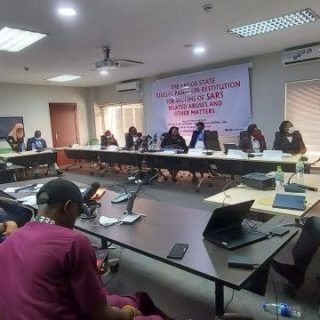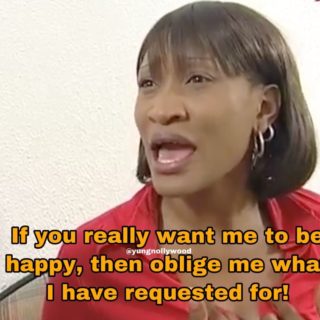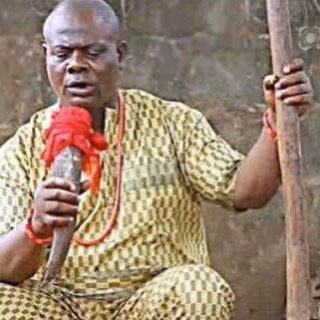Citizen is a column that explains how the government’s policies fucks citizens and how we can unfuck ourselves.
Yesterday, we wrote on how the NLC and its 4 million members would go on strike if they did not reach an agreement with the federal government.
Well, the NLC has suspended its strike for two weeks, meaning some agreements were made for the meantime.
This is everything the newspapers are not telling you they spoke about:
1. ELECTRICITY TARIFF REFORMS:
- The “examination of the justification” (looking at the reason for) new electricity tariffs (at this time);
- To look at the different electricity prices of the DISCOs;
- To look into the National Electricity Regulatory Commission (NERC) Act and the role of organised labour unions in it;
- Other stand-alone issues include: a review of Government’s 40% stake in DISCOs and worker’s composition on the boards, an independent review of power sector operations and the National Labour Advisory Council (NLAC) should be revived for the discussion of major socio-economic issues.
2. DOWNSTREAM OIL SECTOR DEREGULATION:
The oil sector is divided into three sectors: upstream, midstream and downstream. The upstream sector is focused on oil exploration, the midstream is focused on oil refining, while the downstream sector is focused on oil marketing and retail operations. (Think: Shell, refineries and filling stations, in that order).
In the meeting yesterday, the government agreed on:
- Increasing local refineries and reducing Importation of petroleum products;
- The rehabilitation of Nigeria’s four refineries in Warri, Kaduna and Port-Harcourt, with 50% completion of the two Port-Harcourt refineries by December 2021;
- NNPC to incorporate NUPENG and PENGASSAN workers (Petroleum and Natural Gas workers) into the rehabilitation steering committee;
- A bunch of other interventions;
3. GENERAL INTERVENTIONS:
- A specific amount for 240,000 labour workers under the FG and CBN’s agriculture policy;
- The removal of tax on minimum wage;
- Provision of 133 autogas buses for labour workers in all states and local governments of the country, which will increase till December 2021;
- 10% of houses under the housing initiative to be allocated to labour members.
With those agreements, the federal government and organised labour (NLC and TUC) decided to suspend the industrial action.
Here’s what is interesting (or not)
Look, the NLC is not fighting for anything new here.
“The privatisation didn’t work.
The refineries are not working.
We still don’t have stable electricity. Yen yen yen.”
But it’s all a bit of a complicated situation: It didn’t make sense for the Government to keep paying for fuel consumption (or subsidy), and the electricity prices have to reflect what people are actually using so that the Distribution Companies (DISCOS) can make a profit – which is why the prices of fuel and electricity have increased.
Read: “Hay God, Will I be Paying More For Electricity By September?
But the removal fuel subsidy means higher petrol prices. And higher electricity prices mean high cost to everything. If our refineries worked, at least marketers can buy from refineries without dollar wahala. And if everyone had meters, it would be much easier to increase electricity prices because everyone would know the amount of electricity they are getting.
But this is Nigeria. Here, we can’t go back, but moving forward is hard.
Read: Fuel Depot Price Is Now N151. Should We Run To Togo?
Check back every weekday by 10am for more Zikoko Citizen stories.




